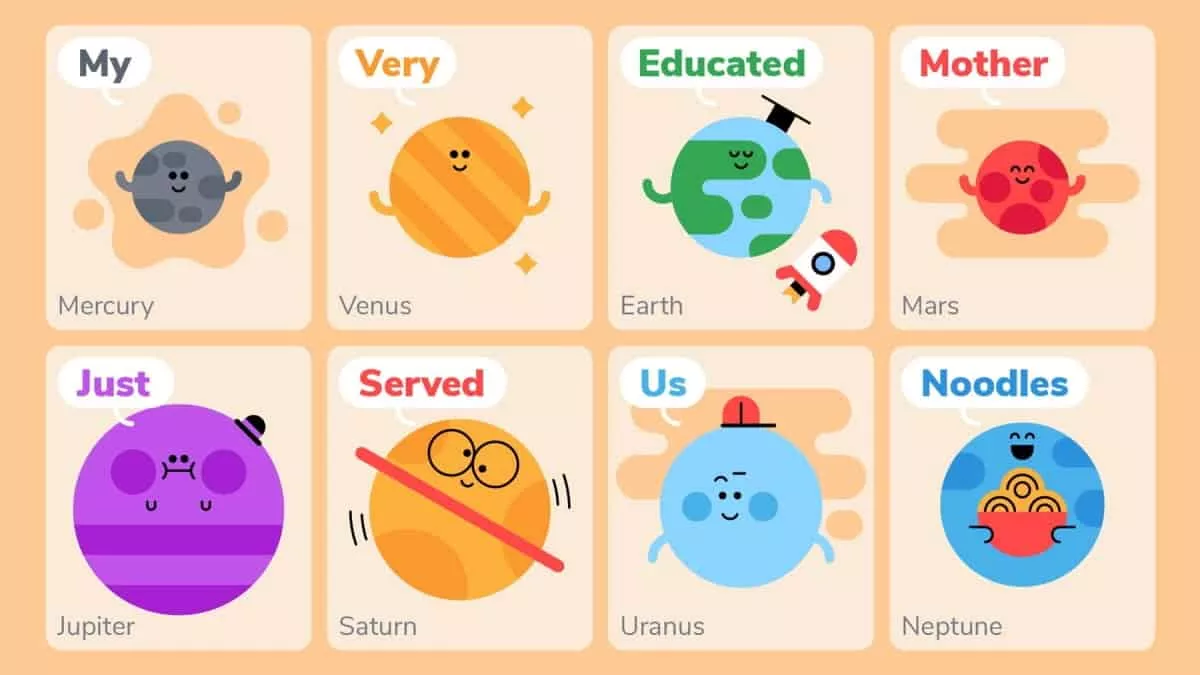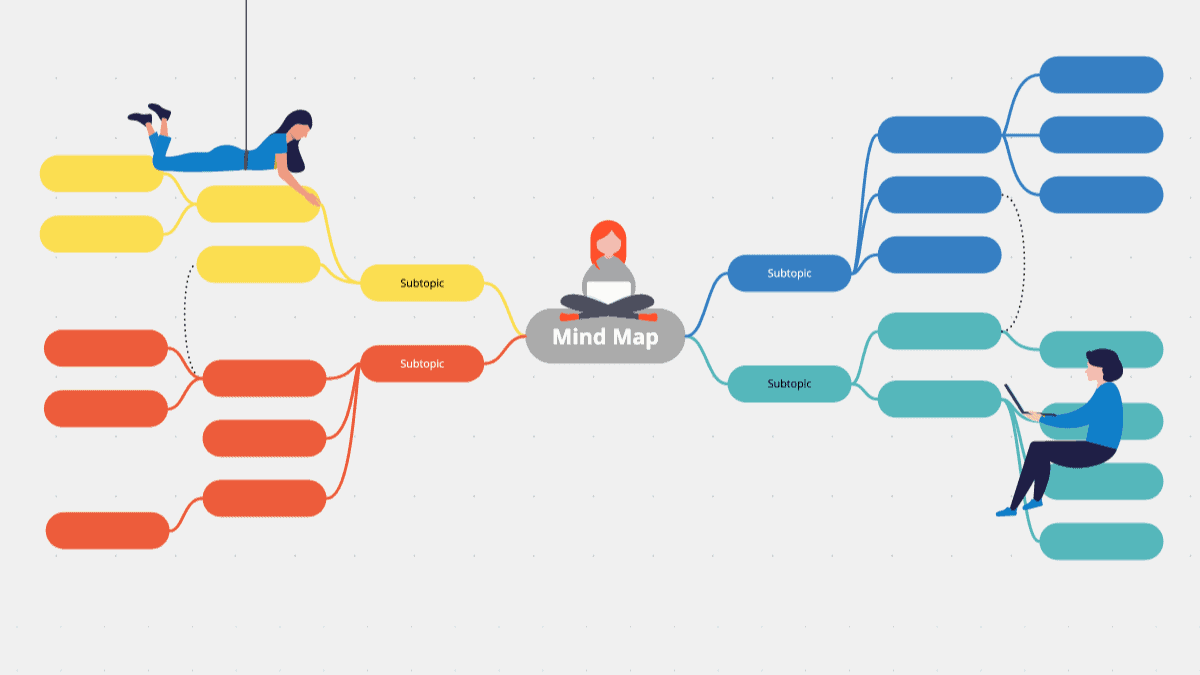
I gotta be honest guys, I have the memory span of a goldfish. Don’t ask me what I had for dinner last night.
Yet to this day, I remember the alignments of planets in our solar system, almost all 195 countries and all sorts of other random facts. How? Learning techniques.
Through weird tricks such as singing, mnemonics and cracking jokes I’ve given myself pseudo-permanent memory. Best part of it all is that it’s scientifically proven to work, so I’m not just a random rambling old looney.
These tricks have helped my freelancing career tremendously. From giving me increased comprehension speed to being able to think on my feet for video-call meetings – it’s helped me win over clients and apply new skills to my freelance projects.
I’m going to share the nifty little tricks I’ve learnt that really hypercharge your brain. It’ll do wonders for your freelancing career!

I was that Asian kid that never studied but got good grades. I actually tutored others for money. The funny thing is though, I was never actually “smart”, people just assumed I was.
I learnt more from tutoring others than I ever did when I was being taught. I’d make mistakes along the way, but after a while I just kind of knew the syllabus.
Teaching myself by teaching others has been an effective learning method throughout my life. My freelance writing career rapidly grew because of how easily I absorbed information for various topics. All I needed to do was teach people about my current projects.
It seems this technique has been proven to be effective by psychologists. They call it the Feynman Learning Technique, named after the original innovator, physicist Richard Feynman.
The technique consists of 3-4 repeating steps:
So grab a friend and start ranting at them about the new thing you’ve recently learnt. If you’re doing social distancing to the maximum, you could give them a video-call and have a productive learning session!
Mnemonic is a technique used to retain long streams of information more efficiently. Most mnemonics come in the form of wordplay.

General mnemonics known to the public include the guitar strings EADGBE, Eddy Ate Dynamite, Good Bye Eddy; and HOMES, which is used by school children to remember the Great Lakes; Huron, Ontario, Michigan, Erie, and Superior.
It’s easy to make a mnemonic, all you need is a bit of creativity. Whenever you’re learning some new complex info, break it down into wordplay that you’d resonate with.
By making your own mnemonics for long streams of information, you’ll be able to remember it till you’re old and gold!
I might sound like a looney bird right now, but jingles are addictive. We’ve all had that one earworm stuck in our head.

I bet you’ve had moments where you end up humming that one song you hate involuntarily. Followed by a humorously deep sense of self hatred.
Well, if earworms can make something you hate stick in your mind, imagine what it can do for learning purposes! I remember ace-ing Geography thanks to Animaniacs, and I still remember the song!
Make a melody or a song out of the topic you’re trying to learn, and jam along. Trust me the next time you need that piece of info, you’ll sing the jingle out like a 1980’s infomercial. Whether it is 2 weeks from now or 2 decades later.
Till today I remember that the shells on the backs of crabs protect their cephalothorax, and their antennae is also their nose. All because of that DARN Spongebob jingle 15 years ago!
Did you know it is scientifically proven that chewing gum increases your focus and improves your memory?

Subjects in multiple studies have shown that chewing gum while learning something new increases their productivity level.
In some cases, people prefer to chew different flavored gums for different concepts they’re learning. Eg, chewing strawberry gum when you’re learning to code, and chew peppermint while you’re practicing video editing.
The next time you’re trying to focus on a new concept, chew your favourite gum. You’ll be surprised at the sudden boost of concentration!
An incredible way to improve your knowledge absorption is with Tony Buzan’s mighty invention; mind mapping.
Mind mapping is a way of piecing information together and a great way to digest information.
You could say that it gives you a roadmap for your thoughts.
This roadmap allows you to visualize the topics you are learning about with a bird’s eye view. Giving you more of a bigger picture on the subject.
Useful as they are as learning tools, they’re also surprisingly easy to do.

As you go deeper into your mind map, you familiarize yourself with the topic. Mind maps even help people come up with ideas they didn’t think about in the first place!
You have the whole world at your fingertips to chat and collaborate with people from around the world. Why not do just that?

Going online and joining discussion groups that are passionate about what you’re trying to learn is a great way to really absorb every ounce of knowledge.
Facebook groups, Discord and Slack chat rooms or Reddit, the world is your untapped oyster of information.
So whether you’re upping your skills in SEO, copywriting, or marketing strategy – all you need to do is a simple search about the subject on the search bar.
We can’t promise to increase your IQ, or give you a perfect memory, but by following these peculiar but effective tricks, you may be able to unlock the deeper potential of your brain.
By using these learning methods, you are switching your brain from memorizing mode to internalizing mode. You’re able to subconsciously remember what you learnt, retaining info for many years to come.
David is a content creator and freelancer. His journey started with writing songs, poetry and academic dissertations in Vancouver. David has freelanced for multiple companies around the world. Feel free to connect with him on LinkedIn.